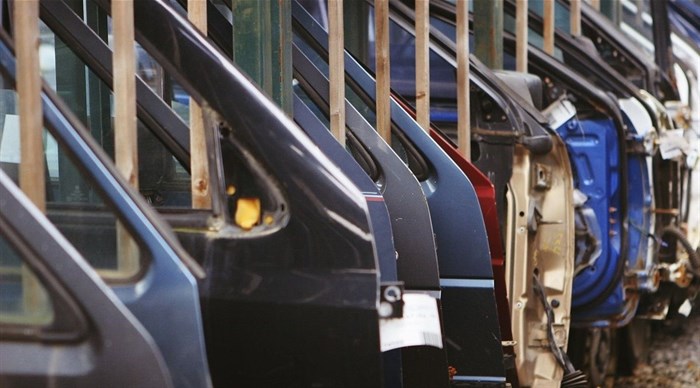
Subscribe & Follow
#AfricaMonth
Jobs
- Certified Level 3 or 4 JLR Technician Stellenbosch
- 12-Month Automotive Learnership Pinetown
- 12-Month Automotive Learnership Opportunity Empangeni
- Experienced Marketer Kempton Park
In the news
Local vehicle manufacturers expected to expand exports

This comes after new vehicle sales fell 8.4% across all categories to 47,486 units in November 2018, compared to 51,856 units the previous month, according to data released by the National Association of Automobile Manufacturers of South Africa (Naamsa). This decline represented a 4.6% drop from the 49,751 new vehicles sold in November last year.
“The weakness that we see is largely on the demand side of the market and is something that is expected to continue into the first quarter of 2019,” said Cyril Zhungu, head of dealer automotive retail at Standard Bank.
“The result is that there is likely to be a shift in the supply strategies of vehicle manufacturers from the local market to the export market although there is still some uncertainty over the impact of BREXIT on the European Union which remains the most important export destination for South African manufacturers.”
Naamsa’s data showed that of the total new industry sales reported in November this year, 78.4% represented dealer sales, 16.3% were sales to the vehicle rental industry, 3.5% were government sales and 1.8% were to corporate fleets. Vehicle exports recorded a modest gain of 2.5% to 34 352 units versus 33 528 sales recorded in November 2017.
“Domestic vehicle sales are likely to remain focused on the pre-owned side for the foreseeable future because right now what’s driving the market is affordability,” said Zhungu. “The upcoming general election next year is also likely to keep the mood of the market somewhat sombre until the outcome is known and business and consumers have a better idea of policy direction.”
South Africa entered a technical recession after data released in September showed the economy contracted 0.7% in the second quarter. That followed a 2.2% contraction in the gross domestic product (GDP) in the first three months of the year.
Investors will be waiting for the outcome of some key events in 2019, including the budget framework as well as the 2019 general election, not only to gauge public sentiment but policy direction which has a direct impact on the corporate investment decisions. Current Government initiatives to build investor confidence are, however, very encouraging given some of the achievements of such initiatives to date.
Naamsa’s sales data showed that one apparently robust segment of the market appeared to be commercial vehicles with sales of medium commercial vehicle rising 17.5% to 804 units; heavy commercial vehicle up 1.6% to 432; and sales of extra-heavy commercial vehicles climbing 31% to 1,054.
“On the surface, it does appear as if commercial vehicle sales are performing better but anecdotal evidence from dealers and the industry suggests this is largely due to the replacement of ageing vehicles within existing fleets rather than expansion of those fleets,” says Zhungu. “We’re not seeing evidence that the sector is actively entering an expansionary phase at the moment.”
Related
Domestic car market shines amid global tariff pressures 6 May 2025 South Africa’s car sales hit two-year high 1 Apr 2025 South Africa’s car sales surge 7.3%—but exports take a knock 4 Mar 2025 SA's new car sales off to promising start in 2025 10 Feb 2025 BETI still treading water but positive economic trend continues 17 Dec 2024 SA’s vehicle market driven by strong rental and car sales despite export slump 2 Dec 2024












